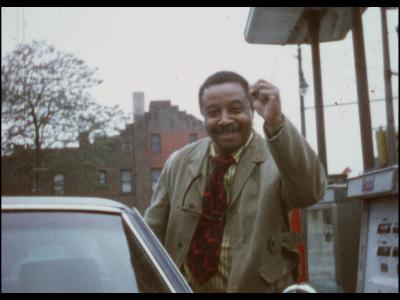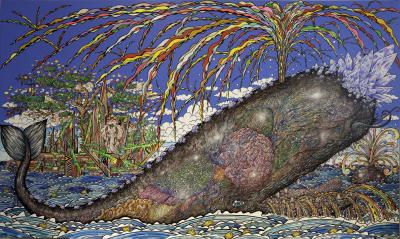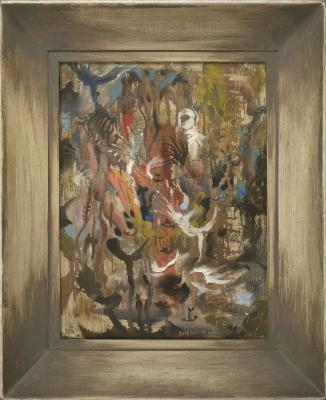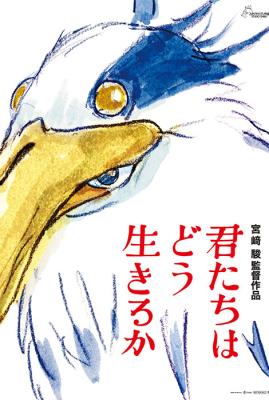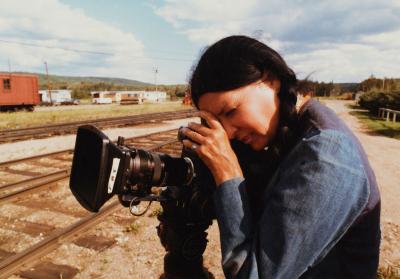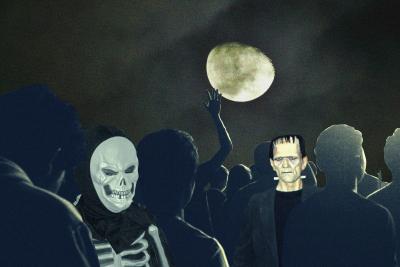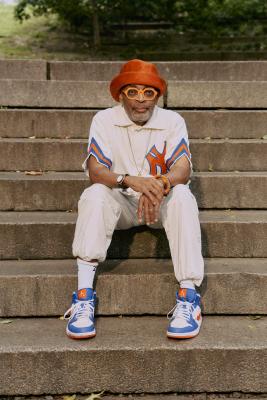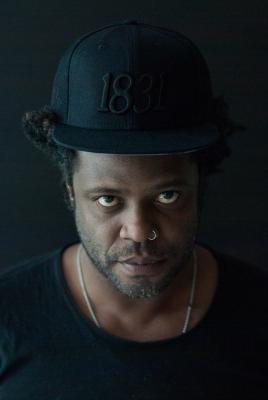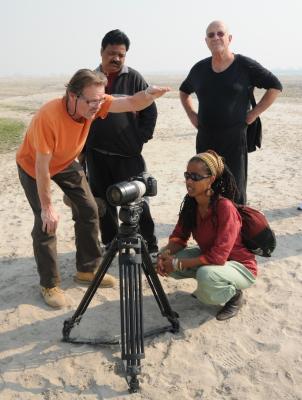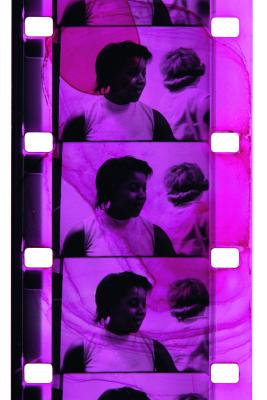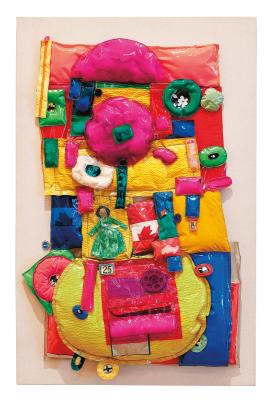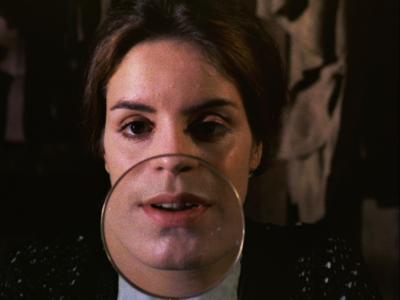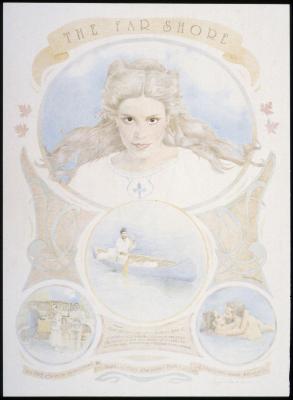Stuart Samuels on documenting a soul’s journey
The director of RasTa: A Soul’s Journey discusses the documentary ahead of its AGO screening
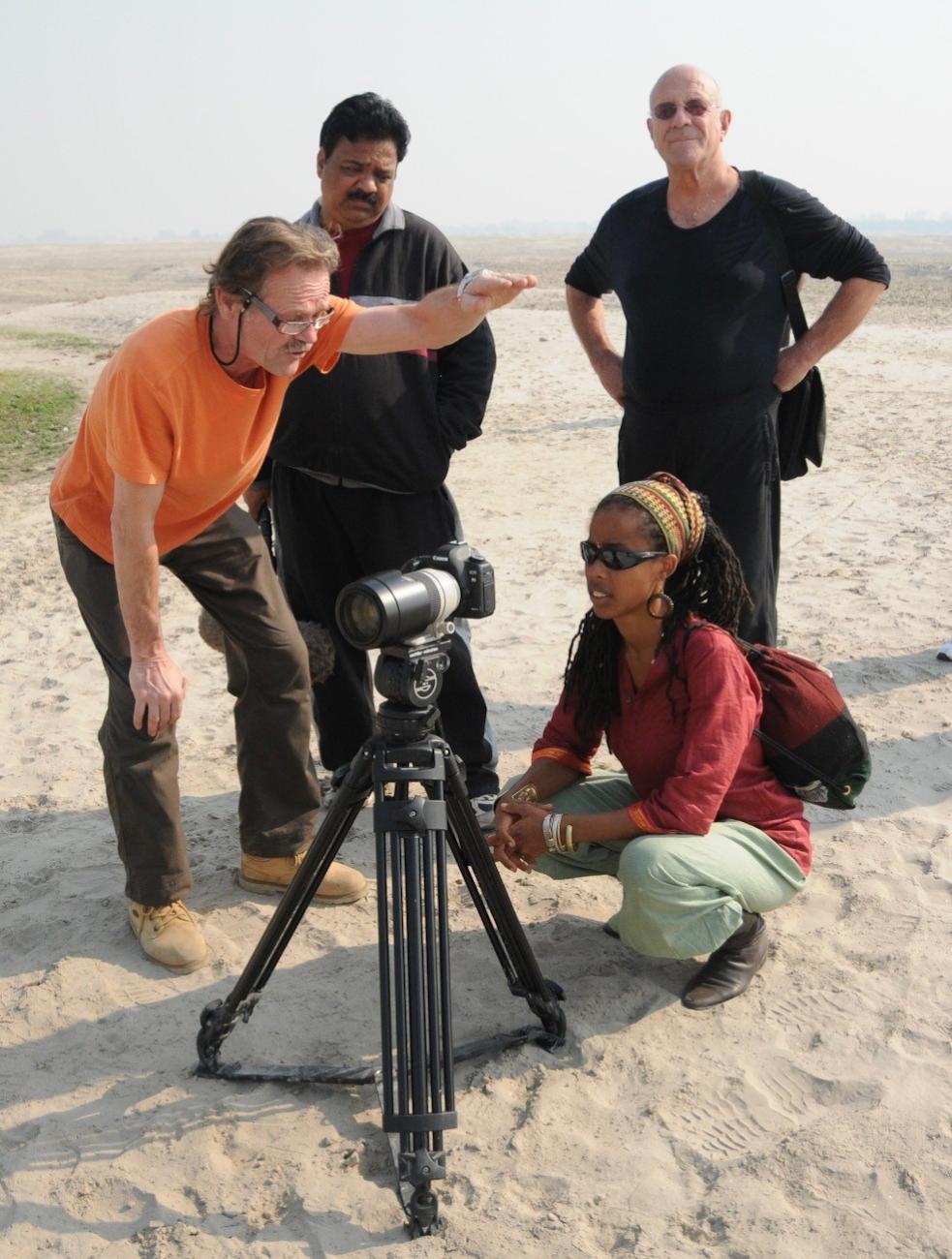
Image courtesy of Stuart Samuels
In 2010, Jamaican Canadian film producer Patricia Scarlett set out to create a documentary that focused on the global impact of Rastafarian culture. For her vision to manifest, she needed the right on-screen muse to carry the film and the right director behind the camera to shape the process. In the end, she got both. The star of the documentary is Donisha Prendergast, who also happened to be a budding actress and practicing Rasta. After Prendergast signed on, Scarlett reached out to Stuart Samuels, a director and producer whose impressive filmography featured mostly documentaries about music and film.
Together, they embarked on a global quest, resulting in the 2012 film RasTa: A Soul's Journey. Screening Saturday, February 10 in the AGO’s Jackman Hall, the film follows Prendergast as she explores the roots of the Rastafari across eight countries around the world. Her journey takes her to places where her grandfather's captivating performances and message are still remembered deeply today. It documents the universal impact of a movement that goes far beyond geography, connecting viewers through the rhythms of reggae and the rich tapestry of Rastafari’s enduring spirit.
Ahead of the screening, Foyer spoke with Samuels, the film’s director. He fondly remembered his time working on the project, and his global journey with the granddaughter of history’s top Rasta.
Foyer: How did you come to meet Donisha Prendergast and end up signing on as director of the film? What were you most drawn to about this story?
Samuels: Patricia Scarlett asked me to direct a film she was working on about Rastafarianism, as told through the eyes of Bob Marley's first grandchild, Donisha Prendergast.
Donisha had just locked her hair, become a Rasta, and was committed to finding her roots, by visiting the places around the world where her grandfather's message and music was most important.
I found it was somehow ironic, my being not only white, but also Jewish. I was challenged to make a film that answered my own questions about Marley, Rastafarianism, and global popular culture as well as trying to give this important historical movement context, meaning and significance.
Foyer: You’ve produced and directed many major films in your career. Can you share some of the most unique and/or memorable aspects of your time working on RasTa: A Soul’s Journey?
Samuels: Most of my previous films are anchored in global film and video archives-- VISIONS OF LIGHT: THE ART OF CINEMATOGRAPHY; HOLLYWOODISM: JEWS, MOVIES AND THE AMERICAN DREAM, MIDNIGHT MOVIES: FROM THE MARGIN TO THE MAINSTREAM (I was Canada's entry in the Official Selection Out of Competition, Cannes Film Festival, 2005).
This film was quite different. It was based around Donisha's quest for information about Rasta and Bob Marley, and not based on past images, although I tried to tell the story through archives that illustrated the information, and insights of Donisha’s – a story she lived as we travelled to countries and cultures around the world.
For the first time I was shooting original stories, combined with music, news archives, previous Marley interviews and photos, into a narrative that made sense to me and to Rasta history.
Foyer: Donisha Prendergast travelled to eight different countries over a longer span of time gathering footage and completing interviews for the film. What did your day-to-day directorial process look like during the production of the film? How about during postproduction?
Samuels: Making this film was an ongoing process. I travelled the world with Donisha. We were committed to telling the story through Donisha's eyes (she was treated like "Rasta royalty" wherever we went). We made sure that the story of Rasta was told through a less commonly discussed role of Rasta women, like Donisha, who provided insight, and perspective to the Rasta story.
Our shooting was spread out over several months, limited to our funds and Donisha's availability. We tried to shoot with some order-- starting in Ethiopia, then to India and Israel (where we filmed a reggae jam in David's tomb in Jerusalem), then to England to talk to the largest groups of Rastas outside of Jamacia, then onto South Africa (where the Rastas were not Jamaicans, but followers of Marley's music and Mandela’s message). We aimed to capture the Rasta world as it migrated to Canada, and then finally to Jamaica – to Marley's birthplace, to Hope Road (Kingston), to interviews with Rita Marley and the family.
It was a world spinning journey – as along with Donisha we criss-crossed the world in search of Rasta history and culture.
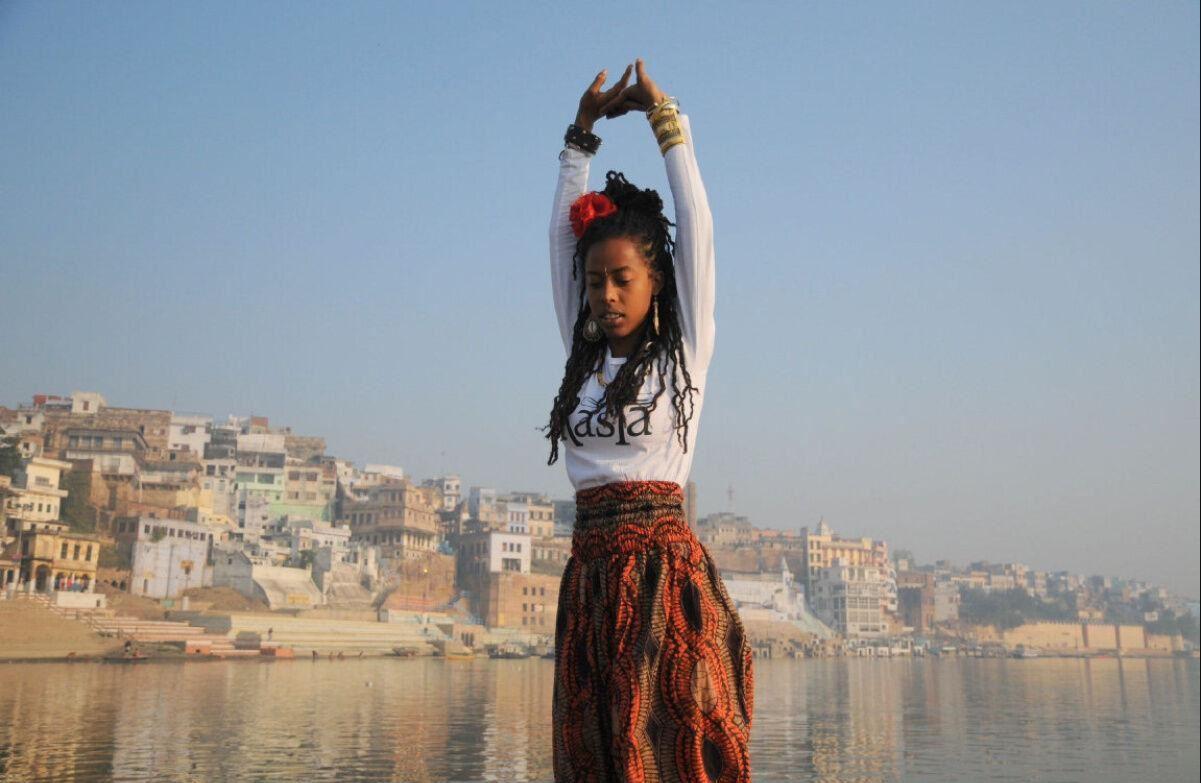
Image courtesy of the filmmakers
Foyer: Your last directorial release was in 2022. Have you been directing or producing any other projects since that time? Are there any details you can share with us?
Samuels: My latest film is also about a woman – May Pang – and her relationship to another iconic musician, John Lennon. It is called THE LOST WEEKEND: A LOVE STORY and is streaming now on Amazon Prime, Roku, and iTunes.
For this movie--May served as the film's narrator, similar to Donisha, and Lennon's message of peace and love, gave me an opportunity to explore the relationship between popular culture and history, that is at the heart of my film documentaries.
I am first and foremost an historian (I have a Ph.D in history of ideas from Stanford.)
My first life was as an academic (I taught popular culture at Penn, the Univ. of Pennsylvania, in the 1970s), and as a cultural historian, my interests have revolved around the role of film and music, in the story of human history – concentrating my work on the rise and fall of 60s counterculture.
RasTa: A Soul's Journey is screening Saturday, February 10 at the AGO’s Jackman Hall. Book your tickets here.
![Attributed to Andrea Susan. [Susanna standing in the road], October 1964.](/sites/default/files/styles/image_small/public/2023-03/AGOCasaSusanna121886WebandStandard%20PowerPoint.jpg?itok=wIAUCJJ5)
